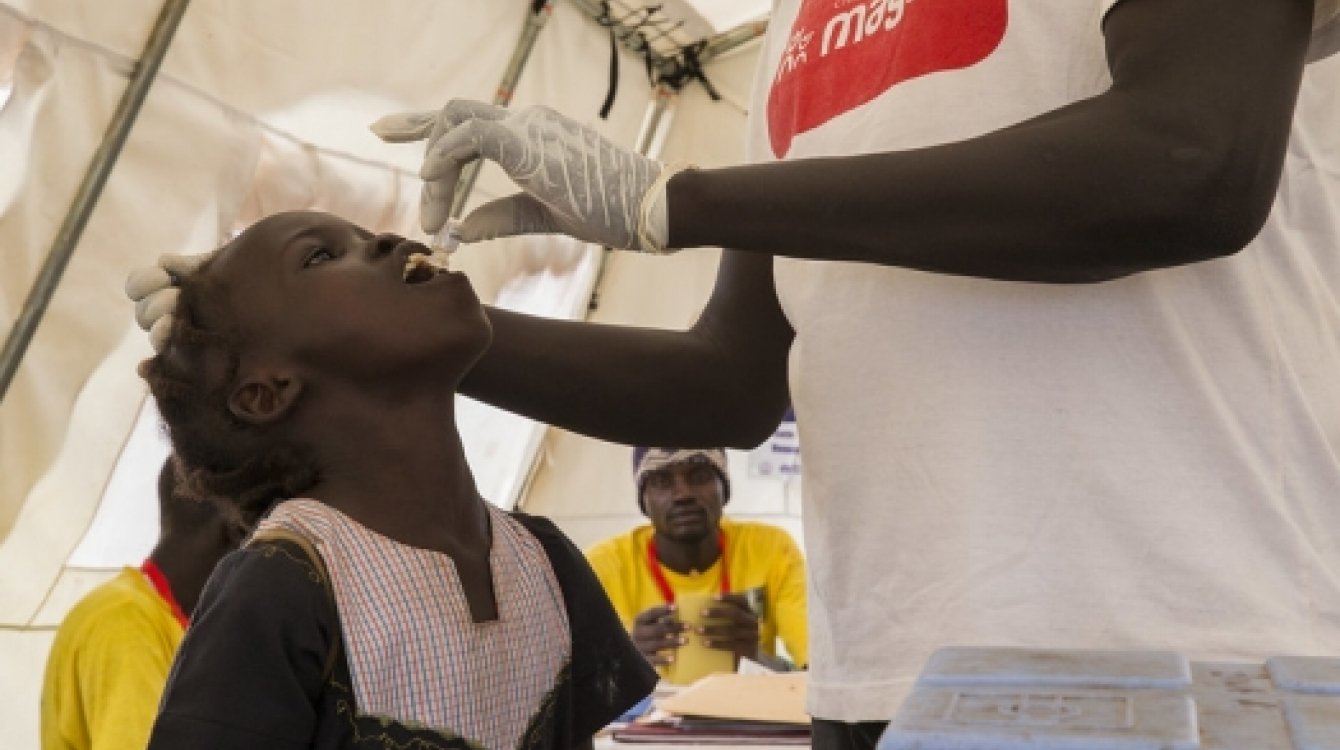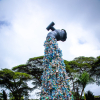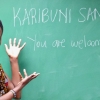It was during a nationwide health campaign following a 2019 meningitis outbreak that the health authorities in Niger sounded the alarm about fake vaccines, discovered for sale at a local pharmacy.
This was not the first time. Vials containing water had been discovered during meningitis vaccination campaigns in 2015 and 2017 during which hundreds of people lost their lives.
The World Health Organization (WHO) estimates that 100,000 people across the continent die every year from taking falsified or sub-standard medication – where the composition and sources of the drugs are intentionally misleading or do not meet quality requirements.
Given the scale of the problem, seven African countries have committed to act against fake drugs. The Republic of Congo, Gambia, Ghana, Niger, Senegal, Togo and Uganda agreed in mid-January to the Lomé Initiative - committing to strengthen their international cooperation and enact national laws to criminalise the import, manufacture, distribution and sale of fake medicines.
“Fake medicine has often been regarded as a violation of intellectual property right, and not a crime,” said Togo’s President Faure Gnassingbe. “Making it criminal will deter traffickers.”
The global fake drugs industry is estimated to be worth up to $200 billion. WHO says that exact figures may never be fully known due to the complexity of the distribution networks and the illegal nature of the trade.
The most counterfeited drugs, WHO says, are antibacterial and antimalaria medicines. The main manufacturers are thought to be in China and India. Yet, African countries accounted for about 4 out 10 illegal drugs seized globally over a period of three years ending in 2017.
Individual states have been taking steps to address the issue that has been exacerbated by lack of legislation and weak healthcare systems, some of the issues the Lomé Initiative is seeking to tackle.
Two years, ago seven pharmaceutical officials working for a global distribution company in Benin were sent to prison for four years for selling fake drugs. In Uganda, following relations that at least 10% of all drugs publicly sold are counterfeit, the National Drugs Authority among other actions launched an awareness campaign, stepped up its border controls, and seized some of the counterfeit drugs.












